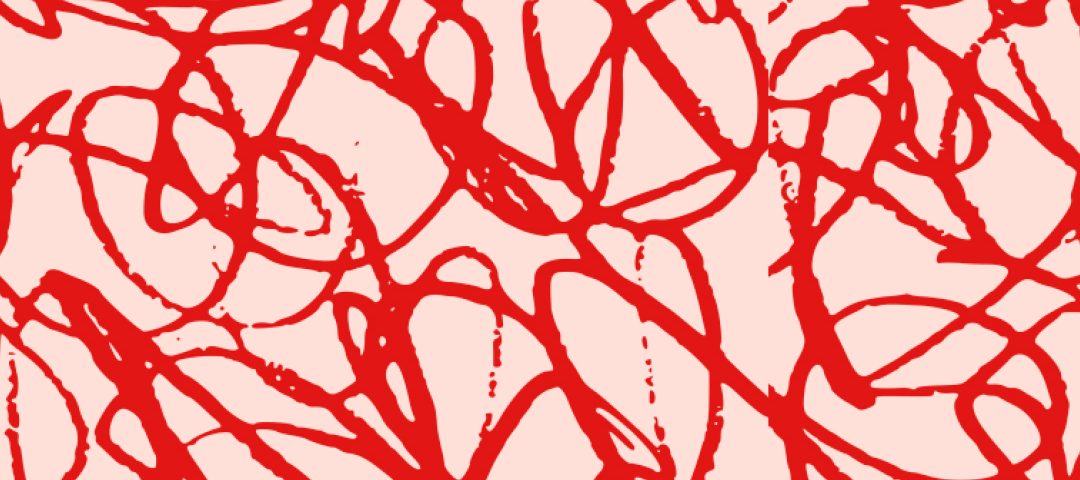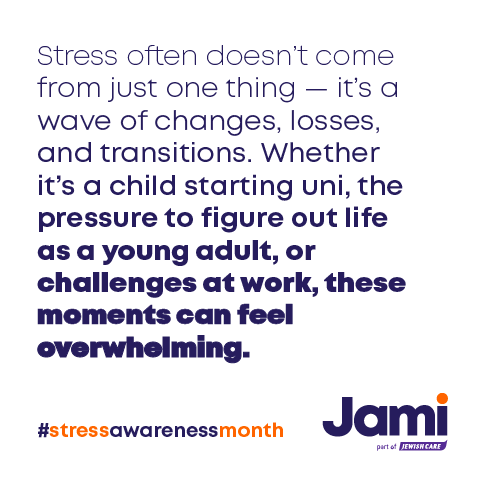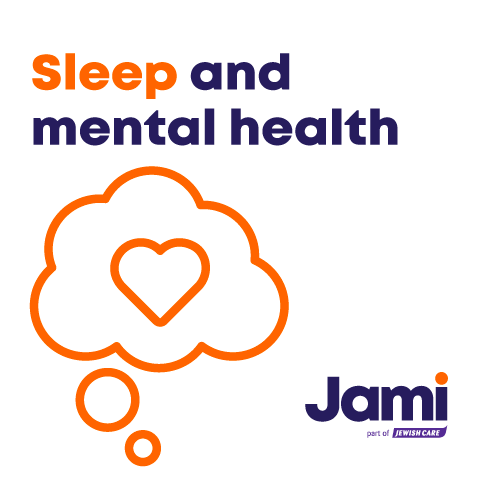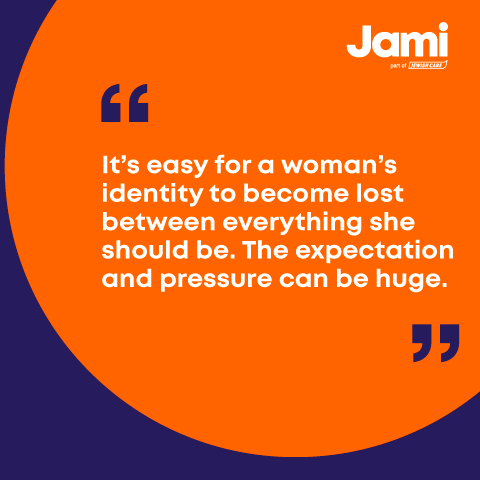
Self-Harm Awareness Day
Self-Harm Awareness Day is on 1st March. Raising awareness of self-harm is vital to challenge the stigma that prevents people from seeking help.
This blog is about supporting people in relation to self-harm. Some people may find it difficult or distressing to read. If you feel this might apply to you, please consider reading this at another time.
Self-harm is an often misunderstood experience. People self-harm for a range of reasons and it can be hard for them to talk about it. At the same time, someone supporting a friend or family member who are self-harming can find it very difficult to learn about that person’s self-harm and to understand what it means. Self-harm is coping mechanism and as with any coping mechanism it needs to be understood. People using self-harm can’t simply ‘switch off’ this way of dealing with their lives. They will need help and support to find alternative ways of managing their experiences.
For those who self-harm, it can be a form of communication when they feel they have no-one to talk to or cannot find the words. It can also be a way to manage emotional pain.
When we first learn that someone we care about is using self-harm as a coping mechanism, you might have a raw emotional reaction such as shock, fear, anger or even disgust. We might then become ashamed of having had these thoughts when we are trying to support someone and help them.
In that situation, it is important to know that these kinds of intense reactions are common and are not about making a judgement of the person affected. It is the acts of self-harm, and our concern for the person, not the person themselves, that creates such a strong reaction in us.
Sometimes when people seek help from medical professionals about self-harm they are not always met with kindness and compassion, because even those with medical training may find it hard to witness evidence of self-harm, while others may not understand the emotional experience behind self-harm.
It is extremely hard to think about the levels of anguish that has led someone to self-harm. However, being empathetic is crucial in supporting someone who is self-harming. It enables us to see things from their perspective and helps us to avoid being patronising. Empathy rather than sympathy requires us to find the best parts of ourselves to connect to a person in deep distress.
Acknowledge your own feelings and reactions, but recognise that you don’t fully understand why they are self-harming or how they feel. Use empathy to seek to understand more before reacting in a way that might lead to a breakdown in communication with the affected person. As much as you might wish you could, you don’t have the answers and cannot “fix” the distress the person is dealing with.
The person using self-harm to manage their distress will need help, support and understanding. Often they will work with a mental health professional to find alternative strategies for coping and to address the underlying causes.
If you or someone you know needs to speak to someone about self-harm the following organisations might be helpful.
Childline
24/7 helpline and online chat for young people
0800 1111
SHOUT
24/7 crisis text service.
Text Jami to 85258 for free, confidential support.
Samaritans
24/7 helpline for a safe place to talk any time
116 123
BlueIce
BlueIce is an evidenced-based app to help young people manage their emotions and reduce urges to self-harm including a mood diary, toolbox of techniques and automatic routing to emergency numbers. BlueIce is a prescribed app.
www.oxfordhealth.nhs.uk/blueice/
Calm Harm
Calm Harm is an award-winning app developed for teenage mental health charity stem4 to provide tasks to help young people resist or manage the urge to self-harm.
Available on Google Play and the App Store
Jami
Jami is the mental health service for the Jewish Community. If you need support or are supporting someone who needs help, visit https://jamiuk.org/get-support/ or contact 020 8458 2223.
For free, safe and confidential online counselling and emotional wellbeing services for adults, contact Jami Qwell at https://www.qwell.io/jami or for students visit https://student.kooth.com/jami


